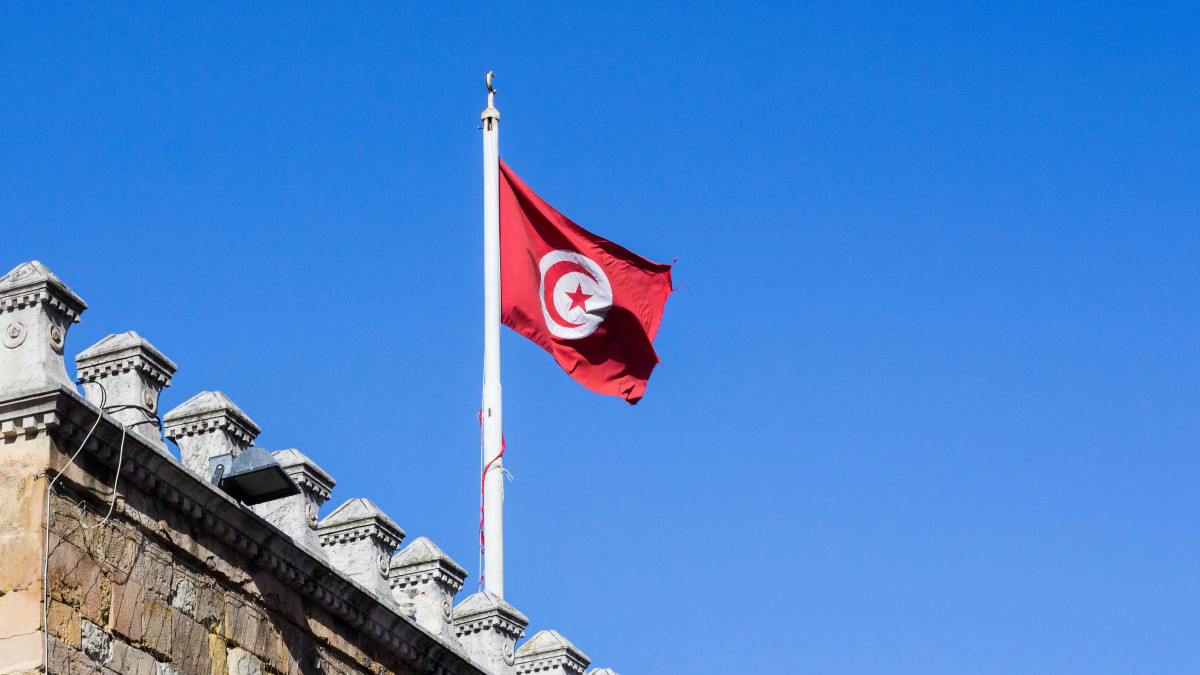Tunisia Marks National Women’s Day. State Propaganda Hails Progress, the Reality Is Repression
Published: Aug 11, 2025 Reading time: 3 minutes Share: Share an articleAugust 13 marks National Women’s Day in Tunisia. While women’s rights have advanced in some areas in recent years, Tunisian women continue to face repression in public life and politics.

It has been barely six weeks since a Tunisian court added another two years to the sentence of Sonia Dahmani, a prominent lawyer and media commentator known for her criticism of the government.
Last year, during a radio program, she criticized the country’s situation, noting that half of young Tunisians wanted to leave. Authorities quickly charged her with spreading “false news,” and a masked police unit arrested her in her law office.
In early July 2024, a court sentenced her to one year in prison. On appeal, the term was reduced to eight months. That autumn, she was handed another two-year sentence - again over media remarks - this time for speaking about the unlawful treatment of sub-Saharan African refugees by Tunisian authorities.
For the same remarks, but under a different legal provision, she received yet another two-year prison sentence in early July this year. Her sister, tried in absentia, was also sentenced to two years for speaking out about the injustice faced by Dahmani.
Hers is far from the only case of women being targeted for opposing President Kaïs Saïed’s government. In 2021, Saïed suspended parliament, and in 2022, dissolved it entirely. A constitutional overhaul significantly expanded his powers, and independent observers have repeatedly warned that Tunisia is drifting from a democratic republic toward dictatorship.
August 13 - National Women’s Day marks the anniversary of the 1956 enactment of the Personal Status Code, which, among other reforms, abolished polygamy, set a minimum marriage age and required consent from both parties, and introduced the possibility of divorce through secular courts.
“Women, who today make up almost half of Tunisia’s workforce, enjoy the fruits of the struggle led by their predecessors, enabling them to hold key decision-making positions in various companies and to be widely represented in sectors such as healthcare, education, and the judiciary,” reads a government propaganda piece published by state media.
The reality for Tunisian women, however, is far less rosy. Those who engage in public life face systematic intimidation, blackmail, and physical threats from state authorities - tactics designed to deter their political participation.
One such case is that of Abir Moussi, the head of an opposition political party, who is imprisoned for criticizing the electoral commission. She accused the body of taking steps that bolster the president’s authoritarian practices.
Conditions for female politicians and activists in prison are often inhumane. Moussi, for instance, spent hundreds of days in pre-trial detention without access to her family, with very limited opportunities to prepare her defense with her lawyer, and without adequate medical care - all of which worsened her health. In protest, she went on hunger strike.
The Intersection Association, which monitors human rights and freedoms in Tunisia, reports that women in prison face blackmail, including offers of conditional release in exchange for paying a sum of money or giving up political activities.
According to Intersection, authorities also ban protests and public gatherings in support of detained women, fostering an atmosphere of intimidation that restricts women’s rights, especially when it comes to participating in public life.
It is unacceptable for the Tunisian government to limit women’s public engagement, persecute them simply for criticizing the establishment, and subject them to abuse in detention. We call on the international community to take action and stand against the discrimination against women in Tunisia.
Help us support people who are fighting for human rights. Their lives are at stake. Contribute to our SOS Freedom appeal.


